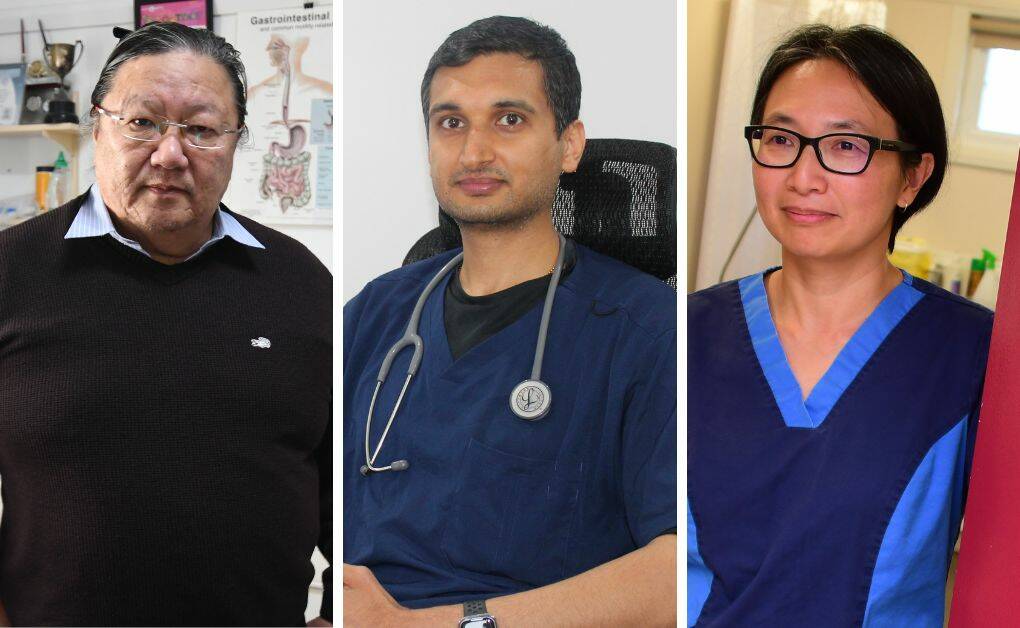
Western NSW is on the cusp of a critical general practitioner shortage that could see almost 40 small towns across the region go without practice services in the next five years, and major centres like Orange, Bathurst and Dubbo will feel the pinch too.
Subscribe now for unlimited access.
$0/
(min cost $0)
or signup to continue reading
Australian Community Media - publisher of the Western Advocate, Central Western Daily and Daily Liberal - revealed crisis talks are under way between Narromine mayor Craig Davies and Western NSW Local Health District officials with Trangie on the brink of losing the town's only doctor.
Just weeks after the damning findings of a parliamentary inquiry into the NSW rural health system identified staff shortages, inequity, staff bullying and other major problems, including a lack of engagement with rural communities, Trangie could lose its long serving GP, Dr Ashraf Labib.
Dr Labib has worked in the far-west community an hour west of Dubbo on the Mitchell Highway for 16 years but could be lost to the town, which has a population of almost 2000 people, over a contract dispute.
Cr Davies lashed the situation as "ludicrous" and said "we just want our doctor to be given the same contract that he's operated on for the last few years to keep the doctor in town ... is that more than a community should be asking for?"
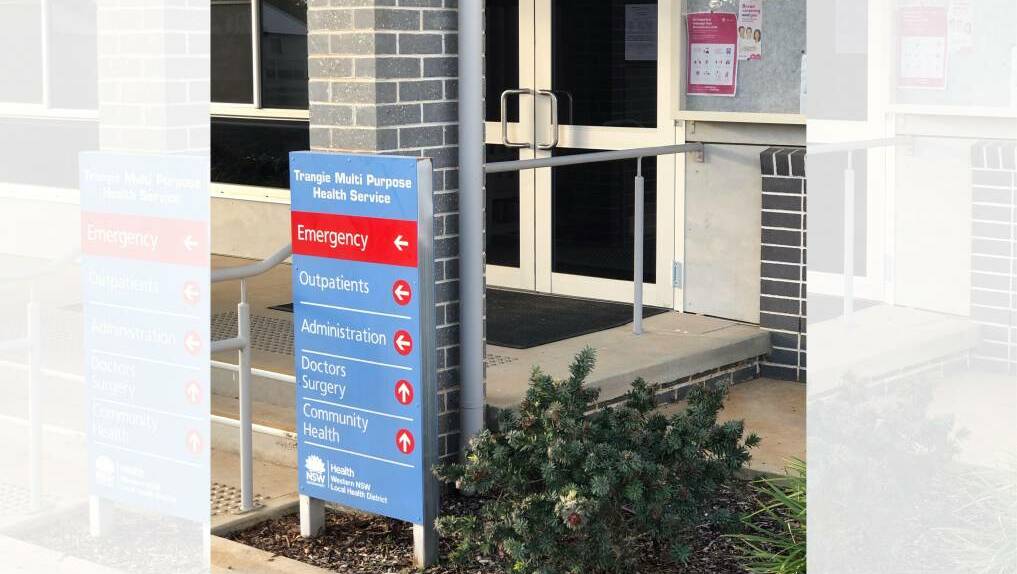
However, Trangie's predicament isn't an isolated one, and although larger centres like Bathurst, Orange and Dubbo are reasonably well resourced now many believe the medical squeeze in small, rural communities should serve as a warning for the region's major cities.
Dr Robin Williams, the chair for the Western NSW Primary Health Network, said burnout, retirements or, simply, doctors packing up and leaving towns will continue across the west.
Currently working as the practice manager at Molong's HealthOne service with two other full fellowship GPs, Dr Williams said there's a shortage "everywhere, rurally and across NSW", but certainly communities further north and west are copping the worst of the initial wave of shortages the most in 2022.
The attraction of general practice has declined.
- Dr David Howe, Orange
"In the Primary Health Network team, we've identified about 37 to 40 towns where there's a real risk of there not being practice services in the next five years, because of either retirements or burnout or people just leaving," Dr Williams added.
"So, I think once you look outside of the Dubbo, Bathurst, Orange cities, you've also got procedural towns - which are Mudgee, Cowra, Forbes and Parkes - and they have significant issues with recruitment, especially because they need procedural GPs, but then all of the other towns, I think in the footprint, are potentially at risk.
"And I think there's at least 37 towns within those communities that have got very small hospitals, or MPS (Multipurpose Services) as they're called now, and we can't recruit the younger generation of doctors to come into those towns."
The Sydney Morning Herald estimates that figure of towns at risk of being without a single GP in the coming years, state-wide, is nearer to 60.
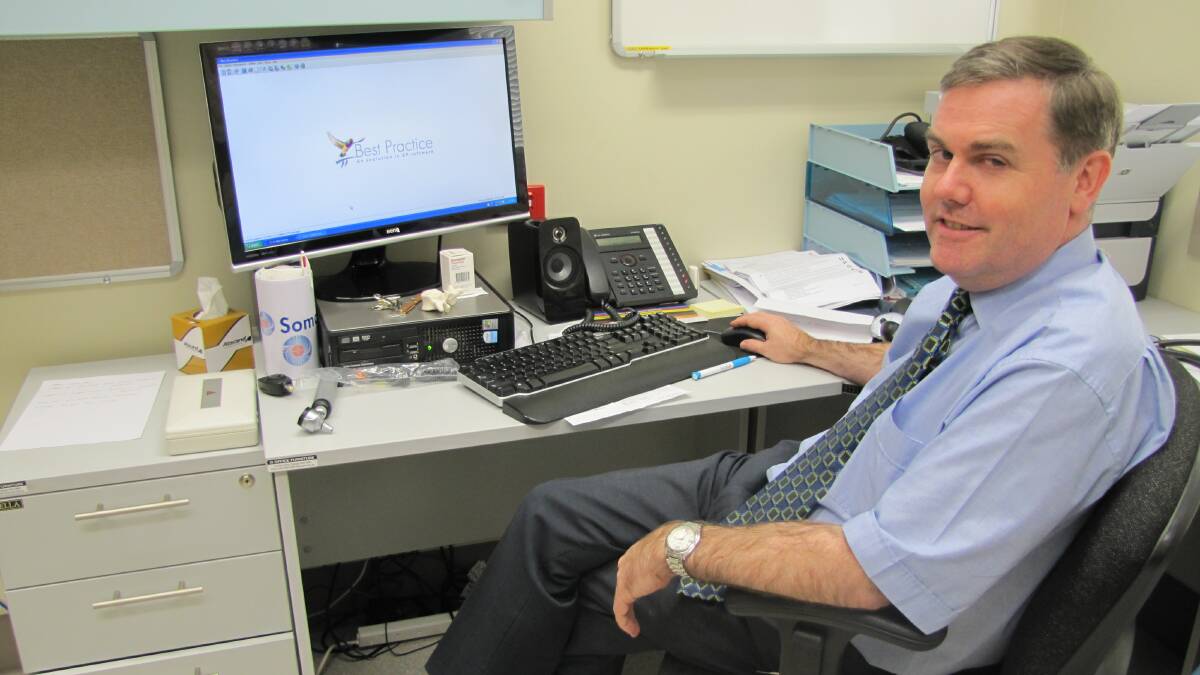
"The reality is there isn't a town in rural NSW that isn't at risk of being able to sustain viable primary care right now," chief executive of the NSW Rural Doctors Network Richard Colbran told the SMH.
He said at least 600 rural GP proceduralists - who often double as doctors at hospitals - have left their positions since 2012. While there are now fewer than 200 GP proceduralists working in rural NSW, and over the next decade officials are concerned this number could dwindle to fewer than 100.
Dr Kerrie Stewart told the parliamentary inquiry Parkes was experiencing a mass GP shortage, and it wouldn't be long before a lack of resources eventually creates an unsafe environment for both patients and clinicians.
"I believe we are on the precipice of this scenario in Parkes," she said.
We may be seeing the issue go over that precipice in Dubbo. GP Ai-Vee Chua told the SMH three of the 12 general practices in Dubbo had closed, forcing people to go to the emergency department just to see a doctor.
I think a combination of pay, work hours as well as the incentive, and also the burnout is huge as well.
- Bathurst GP Dr Pav Phanindra
"I've worked in rural NSW for more than 20 years and the shortages we are seeing now are the worst they've ever been, especially with the increasing population," Dr Chua said.
With a population of almost 41,000 - and with many pushing for the city to grow to 60,000 people by 2050 - Orange is considered a medical hub in western NSW, but even it isn't immune from the crisis.
One of the city's longest-standing GPs, Dr David Howe says there are GPs in Orange postponing retirement to avoid adding to the current shortage in the region.
Wellington doctor Ian Spencer is in that very boat, and the 74-year-old said "we are really struggling just to try and maintain the sort of services that are necessary for people".
Acknowledging the issues further west, Dr Howe believes the situation is "tight" in Orange and the need to attract more professionals to the field was more vital now than ever. But bringing people to the regions is easier said than done.
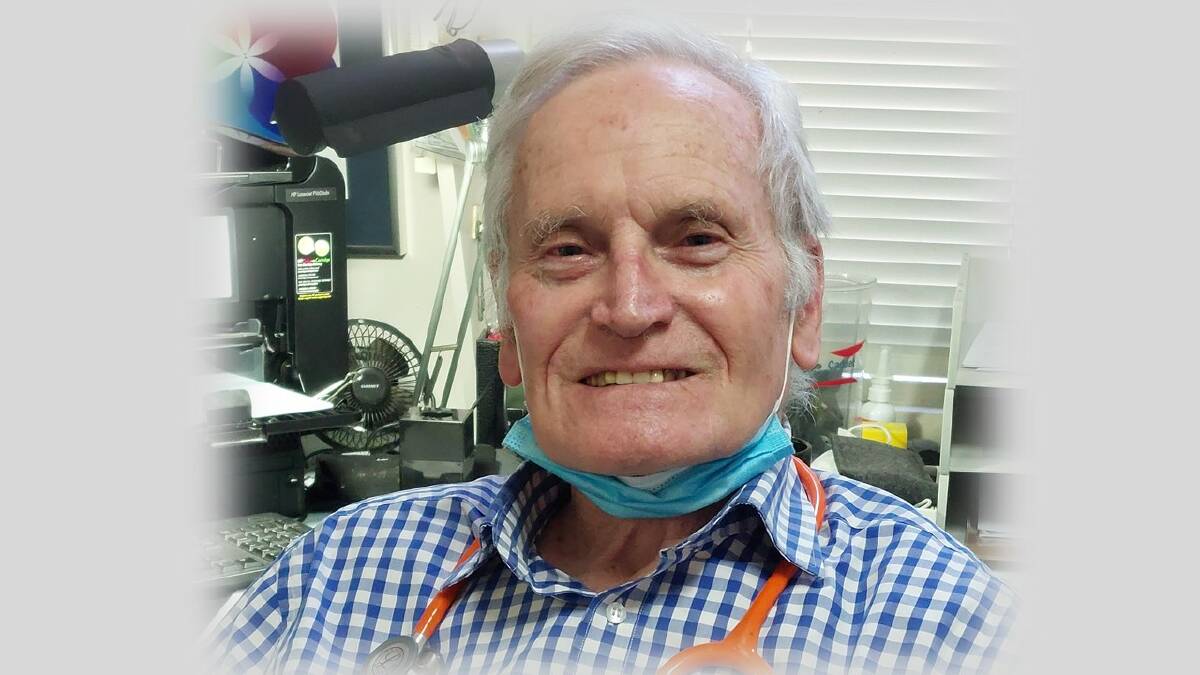
He said a number of GPs in Orange are taking on registrars, which has the potential to help the situation but only if they remain in regional NSW. Dr Howe admits, though, that method of training and recruitment might not be a long-term answer.
"The attraction of general practice has declined," he added.
COVID-19 fatigue, stagnant wages and growing workloads have played a part in exacerbating the issue.
"Most doctors are not finding general practice appealing so I think we need to market this better," Bathurst GP Dr Pav Phanindra added.
"I think a combination of pay, work hours as well as the incentive, and also the burnout is huge as well ... so I think there's a lot of work that needs to be done and I think that's where we need to focus our energy on for the future."
It's a shared sentiment even in the quaint village of Millthorpe. Co-owner of the Millthorpe Pharmacy and Medical Practice Karen Wheelhouse is desperately searching for a full-time doctor.
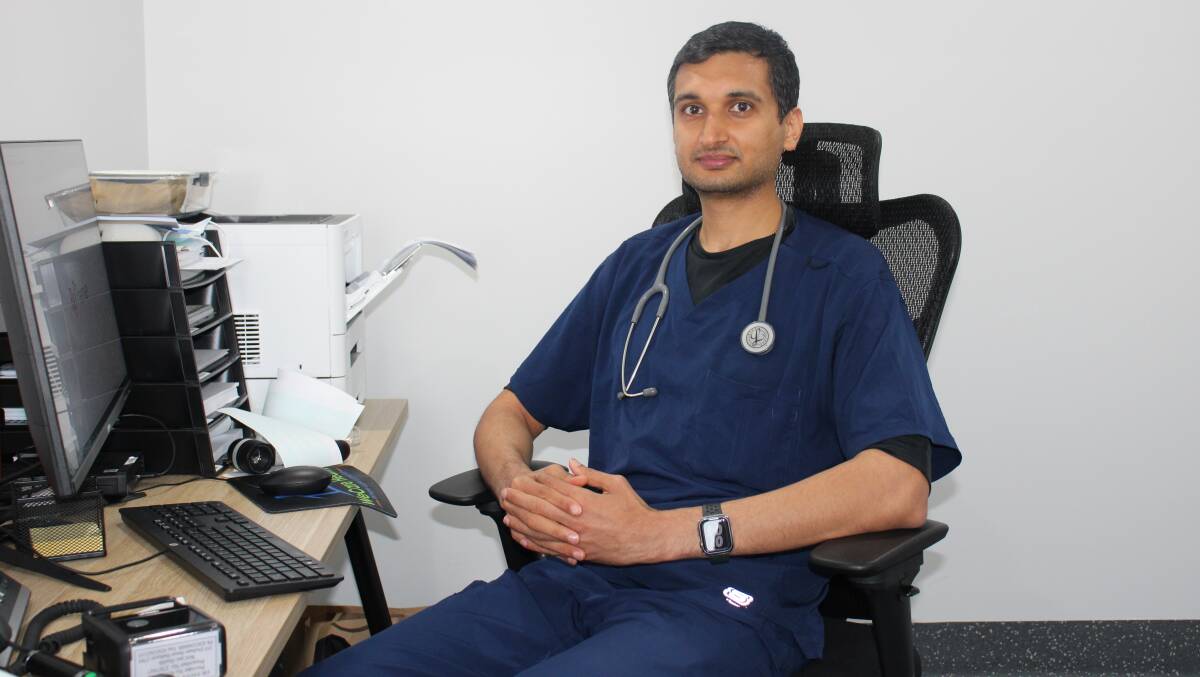
"We have part-time doctors only at the moment," she said. "It's incredibly hard to find a GP anywhere because they're simply not going into the training programs to become one. It's going to become dire."
The main reason why many medical graduates opt for a specialist's role is one of money. A specialist can earn over $100,000 more per year than a GP, Ms Wheelhouse said.
"There is going to be a massive problem with GPs and I don't know what the answer will be," she said.
"Blayney and Millthorpe aren't rural and remote so I'd hate to be in Bourke or elsewhere."


